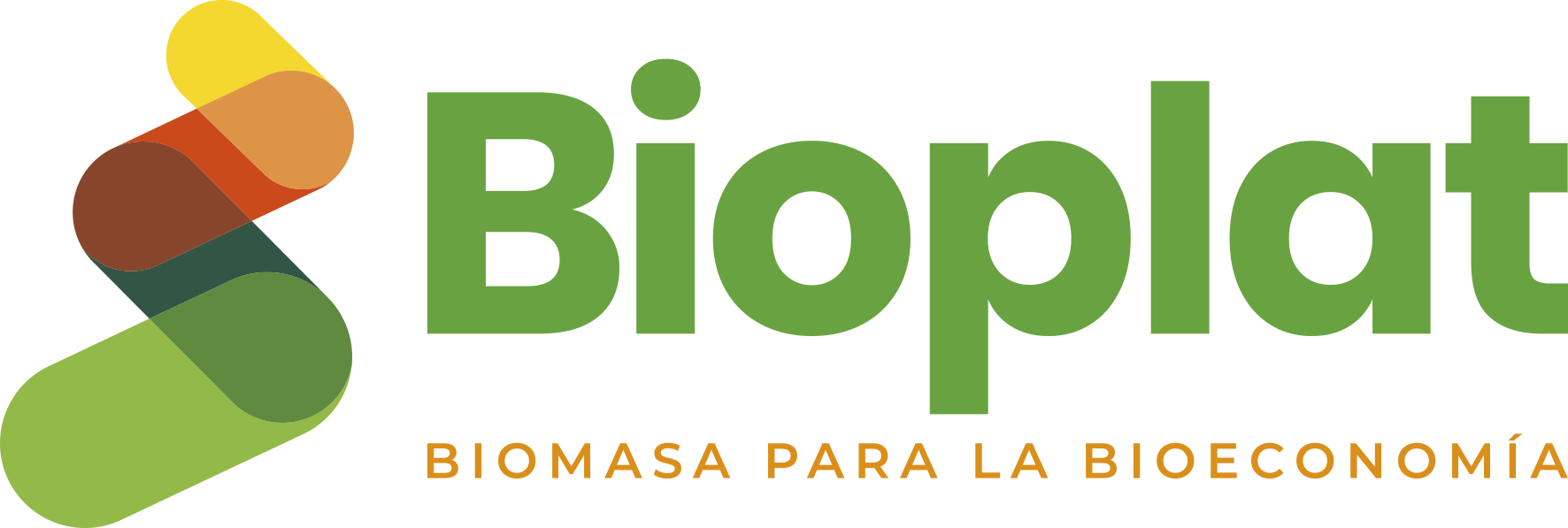10 Apr 2018
BIOPLAT recommendations for the Update of the 2012 European Bioeconomy Strategy
BIOPLAT has elaborated its recommendations to the Update of the 2012 European Bioeconomy Strategy
On February 2018, the European Commission (EC) presented a Roadmap for the Update of the 2012 Bioeconomy Strategy, which was open to receive feedback until last 20th March.
Previously, in 2017 the Commission had carried out a review of its 2012 EU Bioeconomy Strategy which concluded that the Strategy is delivering on key actions and that the importance of the opportunities offered by the Bioeconomy is increasingly recognized in Europe and beyond.
In light of this context, the EC has elaborated this Roadmap for the update of the Bioeconomy Strategy and its Action Plan. This update is needed to ensure that its scope and framing are better focused and aligned with the EU political priorities and future challenges. This will lead to the Strategy having more impact and delivering more effectively results in all relevant policy areas, thus enabling higher policy coherence and a reinforced sustainable, circular Bioeconomy across Europe, while also becoming a model for other regions.
The updated Bioeconomy Strategy and Action Plan should step up action to ensure that the Bioeconomy provides a long-term balance of social, environmental and economic gains following a system-wide approach, expanding beyond research and innovation, addressing trade-offs between sectors, strengthening circularity and sustainability and delivering on jobs and growth.
The updated Strategy and Action Plan should also provide the framework for a sustainable, secure and cost effective biomass supply for the bio-based and bioenergy sectors by using waste resources that do not compete with food production, while preserving healthy, productive and resilient land, seas and oceans, and by involving more effectively primary producers in the supply chain and value created.
BIOPLAT has included its recommendations, highlighting the importance of promoting biorefineries, which are an important axis to develop the bioeconomy, the necessity to develop new actions to make biomass production and recycling of bioresources and bionutrients more competitive. Also, the required development of the supply chain, logistics, separation technologies and pre-treatment of biomass in a sustainable, secure and cost effective way for the bioenergy and bio-based products in order to reduce dependence on non-renewable resources.
